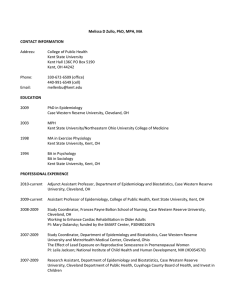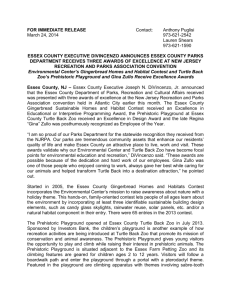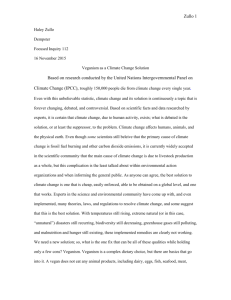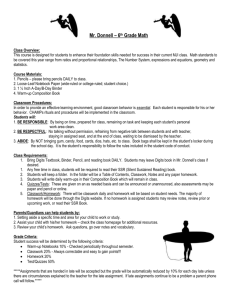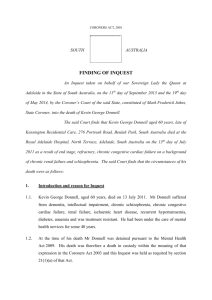Rocco Zullo Bio
advertisement
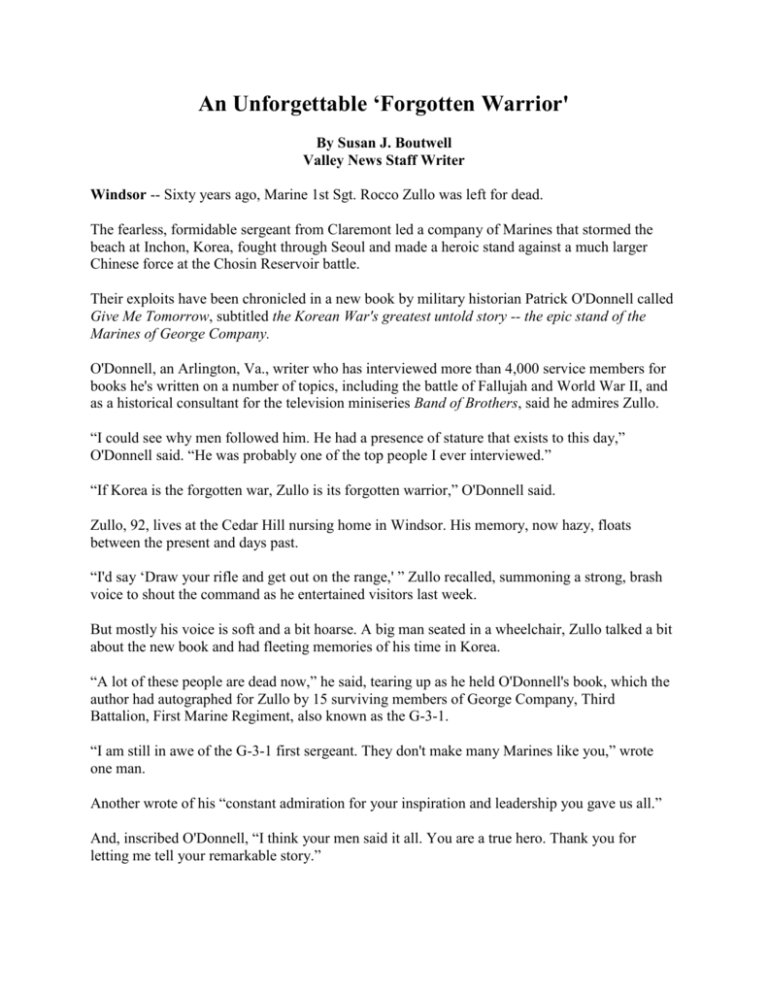
An Unforgettable ‘Forgotten Warrior' By Susan J. Boutwell Valley News Staff Writer Windsor -- Sixty years ago, Marine 1st Sgt. Rocco Zullo was left for dead. The fearless, formidable sergeant from Claremont led a company of Marines that stormed the beach at Inchon, Korea, fought through Seoul and made a heroic stand against a much larger Chinese force at the Chosin Reservoir battle. Their exploits have been chronicled in a new book by military historian Patrick O'Donnell called Give Me Tomorrow, subtitled the Korean War's greatest untold story -- the epic stand of the Marines of George Company. O'Donnell, an Arlington, Va., writer who has interviewed more than 4,000 service members for books he's written on a number of topics, including the battle of Fallujah and World War II, and as a historical consultant for the television miniseries Band of Brothers, said he admires Zullo. “I could see why men followed him. He had a presence of stature that exists to this day,” O'Donnell said. “He was probably one of the top people I ever interviewed.” “If Korea is the forgotten war, Zullo is its forgotten warrior,” O'Donnell said. Zullo, 92, lives at the Cedar Hill nursing home in Windsor. His memory, now hazy, floats between the present and days past. “I'd say ‘Draw your rifle and get out on the range,' ” Zullo recalled, summoning a strong, brash voice to shout the command as he entertained visitors last week. But mostly his voice is soft and a bit hoarse. A big man seated in a wheelchair, Zullo talked a bit about the new book and had fleeting memories of his time in Korea. “A lot of these people are dead now,” he said, tearing up as he held O'Donnell's book, which the author had autographed for Zullo by 15 surviving members of George Company, Third Battalion, First Marine Regiment, also known as the G-3-1. “I am still in awe of the G-3-1 first sergeant. They don't make many Marines like you,” wrote one man. Another wrote of his “constant admiration for your inspiration and leadership you gave us all.” And, inscribed O'Donnell, “I think your men said it all. You are a true hero. Thank you for letting me tell your remarkable story.” Several of Zullo's men had undertaken an effort to see their sergeant receive the Medal of Honor, the nation's highest military award for valor in combat. Three George Company men received the award after Chosin. O'Donnell said he thinks Zullo, too, is deserving of such merit. “I really hope this book gets this under way again,” he said of the award effort. “As a historian, I can say that I think he completely deserves it.” Zullo was already a veteran at the time of the Chosin battle, in November 1950, having taken part in fierce fighting during World War II in the Pacific Theater at Guadalcanal and Peleliu, where he was wounded and for which he received the Silver Star. He left Stevens High School at 16 to join the Civilian Conservation Corps, later using the strength he built sledge-hammering stone to become an amateur boxer. Then, in the 1930s, Zullo followed in his father's footsteps and joined the Marines. Three months before Chosin, Zullo, then 32, and his commanding officer put together George Company. Many of its members were youngsters, teenagers some of them, who Zullo whipped into shape at Camp Pendleton, Calif. “We were more afraid of Zullo than the enemy,” one of his men would later say. “That man ruled the roost, even our officers were afraid of him.” “(I)n the minds of the men, First Sergeant Zullo was the heart and soul of George Company,” wrote O'Donnell in the book. George Company's extraordinary story leads up to the Chosin Reservoir battle, where the “Frozen Chosin” suffered inhumane conditions -- rugged territory and the coldest winter in a century, with temperatures plummeting to 30 degrees below zero. The G-3-1 was part of Gen. Douglas McArthur's push to the Yalu River, North Korea's border with China. The Chosin Reservoir was along the main supply route the Marines and Army, as part of a United Nations fighting force, were battling to keep open. Two weeks of fighting at and around Chosin saw the Americans overwhelmed and outnumbered, 10 to 1, by Chinese fighters, who by then had entered the war. In what would be his third wound in a day of heavy fighting at Chosin, on Nov. 29, 1950, Zullo was cut down by small arms fire, which left him with a grapefruit-sized hole in his side and a pulse that was slipping away. Several of his men, shocked that the mighty Zullo was apparently dying, drove their leader to a makeshift morgue tent. Some time later, an unknown corpsman entered the tent bearing another body and he heard a cough. It was Zullo and he was still alive. The first sergeant was rushed from the morgue for what would be hours of lifesaving surgery. After years in and out of hospitals and countless surgeries, Zullo met his wife, Constance, a nurse, in a Massachusetts General Hospital operating room. They were soon married and started a family. The couple and their six children would move to postings around the country as Zullo served out his 25 years in the corps. Later he twice tried, without success, to get reinstated as a Marine, writing to the commandant of the corps during the Cuban Missile Crisis and then again during the Vietnam War. The family settled back in Claremont, and Zullo took up teaching at Windsor High School, later becoming assistant principal there. Windsor resident Harry Ladue remembered Zullo's tenure at the high school in the 1960s and '70s. “On the outside, he was this big drill sergeant type guy. But inside he was a big teddy bear,” said Ladue. “I didn't have any issues with him. But I think if you crossed him, you'd have some issues.” Imagining Zullo as an assistant principal, O'Donnell laughed. “I'd fear for those students. But at the same time they knew they were in good hands,” he said. That tough care was something the men of G-3-1 thought they had lost after Chosin, and the old Marine eventually lost track of his Korean War company. Then, one fall day in 1986, the George Company survivors held their first reunion at a hotel near West Point, N.Y., home of the U.S. Military Academy. O'Donnell tells the story of that day in his book: As the senior warriors circled the hospitality room, a ghost from the past entered -- a forgotten warrior from the forgotten war. A balding, gray-haired man, whose bearing seemed vaguely familiar, approached one of the Marines. “Have you talked to Rocco Zullo?” he asked. “No. Rocco was killed on the road to Hagaru in November 1950.” “No, he wasn't,” responded the man, sternly. Another Marine overheard the conversation: “Why, he's dead!” “He's not dead.” The confident figure then added with an unmistakable bellowing voice, “You're talking to Rocco Zullo.” Most of the men in the room were dumbfounded. … Overcome by emotion, one Marine fought back tears as he flashed back to one of the most difficult nights of his life.” Zullo would be called sergeant by dozens more men during his years in the corps, but George Company held a special place in his heart, he said last week. “I had other companies, but nothing like G Company,” he said. “My guys … I took care of them and they took care of me.” Janet “Zooey” Zullo stands with her father, Rocco Zullo, at Cedar Hill Assisted Living in Windsor. Zullo’s experiences while serving as a Marine first sergeant during the battle at the Chosin Reservoir in Korea 60 years ago, including a nearly fatal stomach wound, are detailed in the new book, "Give Me Tomorrow," by military historian Patrick O’Donnell.
